Writers on the Road: Planning a Successful Book Tour
I’ve been on three book tours in the past decade (two for my short-story collection, Forgetting English, and one for my novel, My Last Continent), and I’ve enjoyed every exhausting moment. For me, book tour events have included readings, workshops, conference sessions, panels, literary festivals, and more.
The most important thing for any author to know is which type of event will work best, for both the writer and the book — and this makes all the difference in whether your book tour is a success. (Keep in mind that “success” is not necessarily about achieving sales but about finding readers and connecting with others in the literary community — in publishing, word of mouth is still the most powerful sales tool there is.)
All three book tours — Forgetting English was first published by Eastern Washington University Press, then reissued two years later by Press 53, and My Last Continent was published by Scribner, an imprint of Simon & Schuster — were collaborations, with some events set up by publishers and others by me. I was fortunate to have had great help with setting up events, but I also knew that I’d have to plan (and pay for) a few of my own events — and I also knew it would be well worth the time and money to share my book with as many readers I possibly could.
As you keep in mind the nature of your book, your schedule, and your budget, here are a few tips to help you plan a tour that will best fit your needs:
- Team up with a fellow writer.
I’ve teamed up with many writers along the way, and it’s a fantastic way to share the work and double the audience (and the fun). For Forgetting English, I joined my friend and colleague Wendy Call, author of No Word for Welcome, to plan joint readings and workshops. More recently, I did a reading and Q&A with my fellow local author Victor Lodato, author of Edgar & Lucy. If your book is a good fit with another writer’s, shared events are a great way to broaden your audience.
- Think outside the bookstore.
Certain times of year (such as summer in the Pacific Northwest) can be impossible for scheduling bookstore events. And sometimes, no matter what the time of year, a bookstore will be booked already, or your schedules won’t align. So think beyond the bookstore — possibilities include libraries, community and literary centers, art galleries, local restaurants and cafés, state and national parks, and so on. (Visit Adventures by the Book for some great examples.)
- Offer a little something more.
Unless you’re a writer whose mere presence in a bookstore will guarantee a line out the door, think about offering a little more than a traditional reading/signing. Due to the themes in my fiction, I often teach travel-writing workshops, which bring in readers, writers, and travelers alike. Earlier this year I did workshops for two fabulous beachside libraries in Tillamook County, Oregon, and I so enjoyed meeting like-minded souls who love both literature and adventure.
- Plan in advance!
Bookstores usually schedule events 4-6 months in advance, and libraries schedule 3-5 months in advance. There’s always a chance you can get in at a later date, especially if you’re a local author, but I definitely recommend advance planning, especially if you have certain venues in mind.
- Promote, promote, promote.
Once your events are set up, the real work begins; you will want to promote your events as much as you can to avoid the possibility of facing an empty room (it happens far more often than you might think). Use social media; create postcards, bookmarks, and/or flyers to offer to the venue so that they can promote the event as well. List your events on your website, and collect a media list to add your event to local listings; also, contact local editors to offer a review copy, and you might end up getting a review or feature story.
- Enjoy, enjoy, enjoy.
The process of setting up all these events is exhilarating yet exhausting — and running around to all of them can be even more so. This is when it’s important to remember why you’re doing it all: You’ve published your book. You’re getting it out there in the world. And you’re meeting your readers. For a writer, what could be better than that?

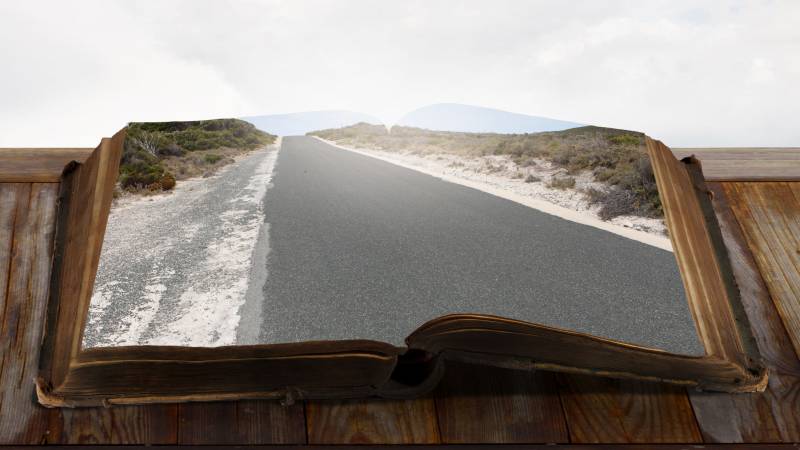
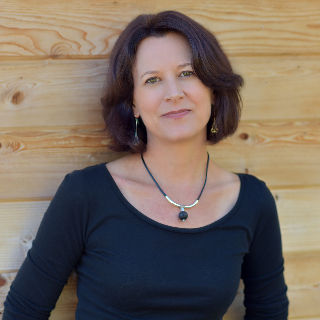
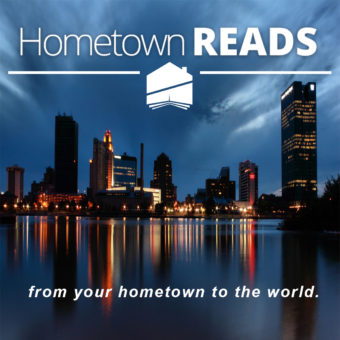

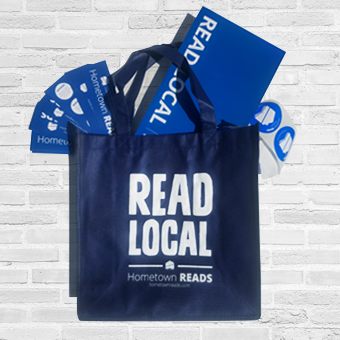
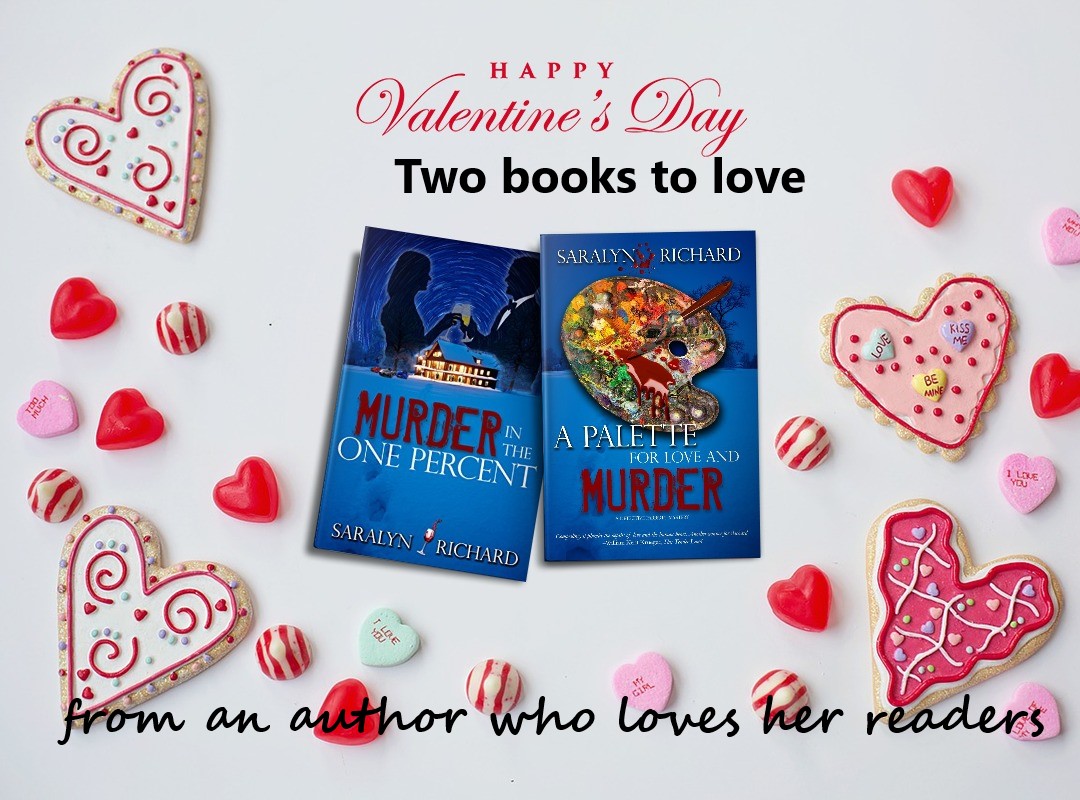


What People Are Saying